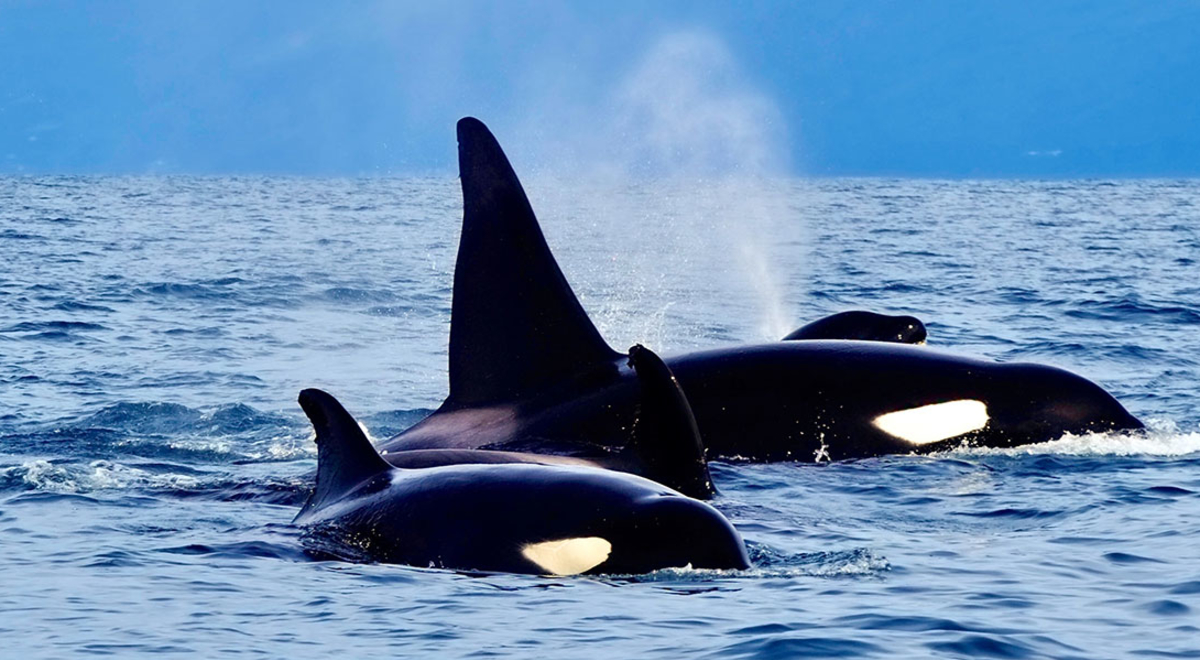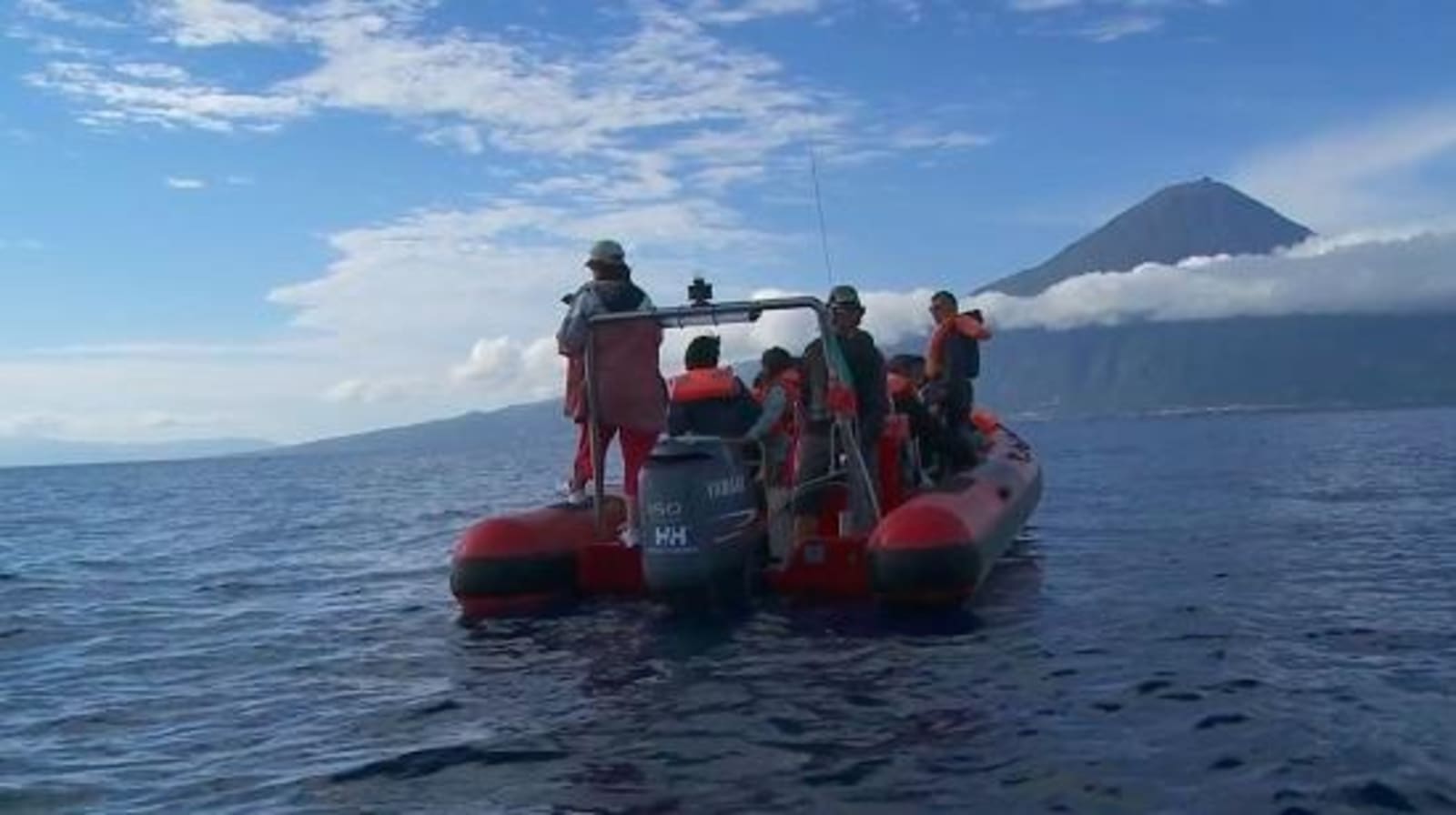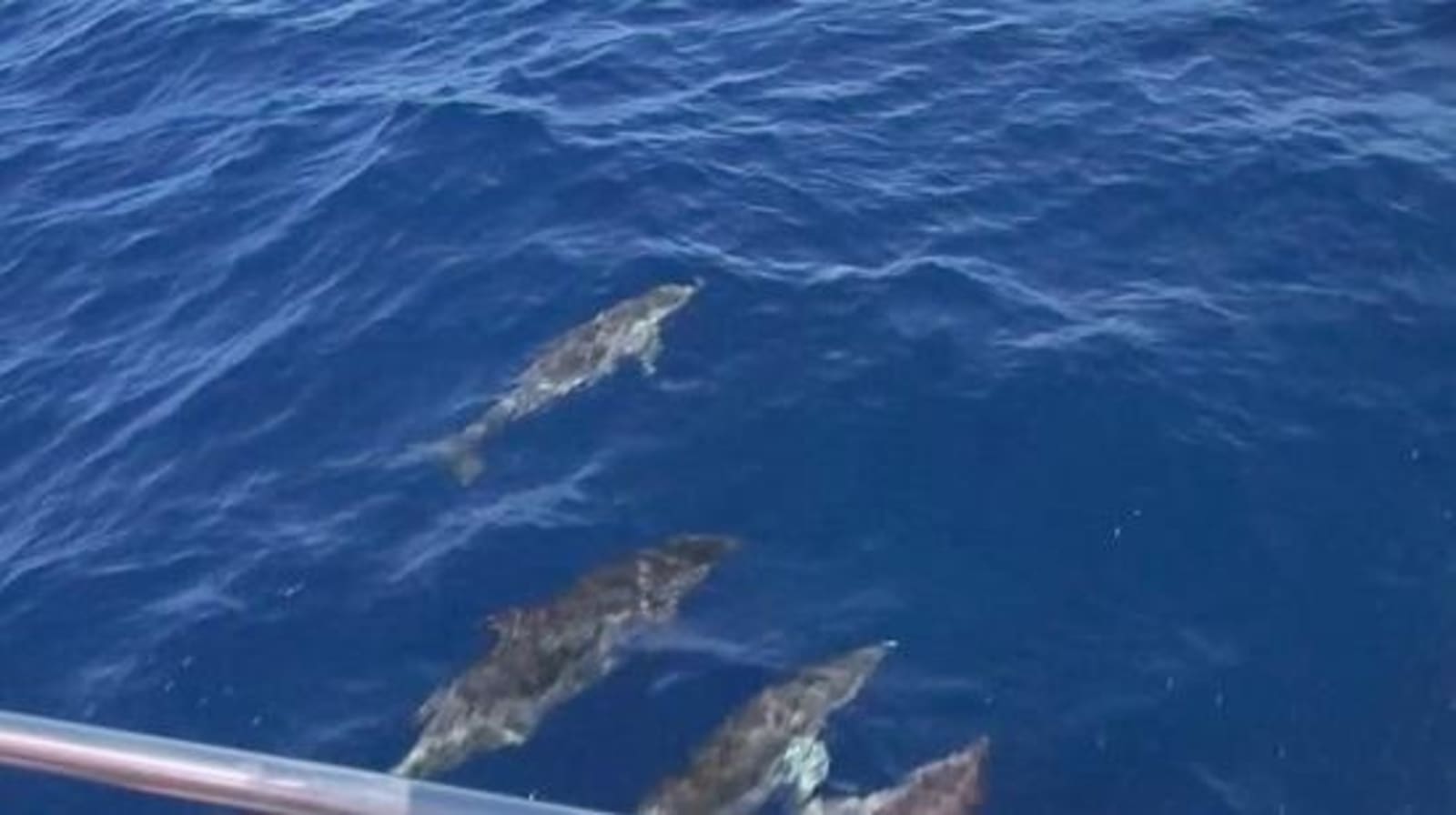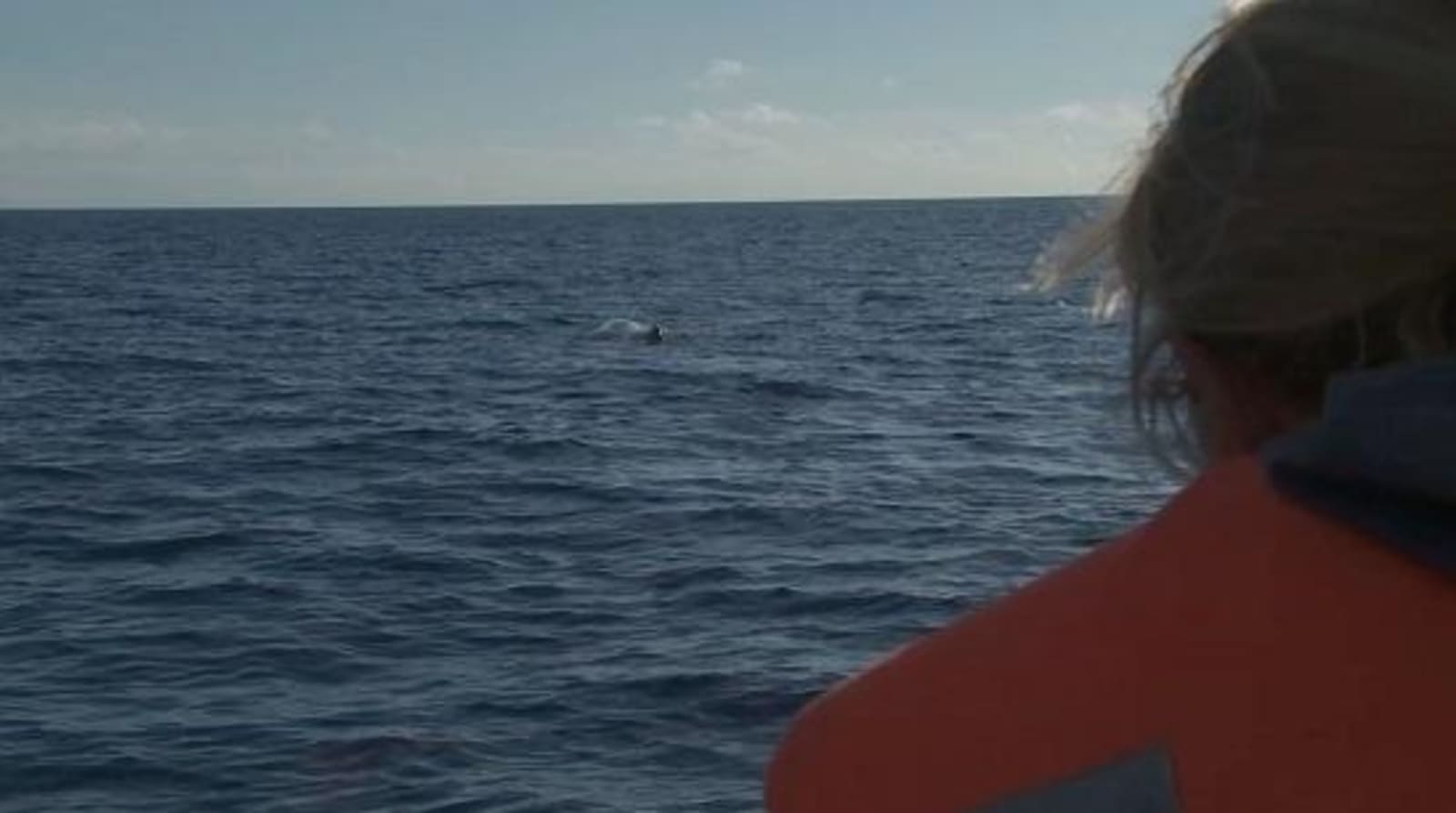
Be in to win a £250 travel gift card*
Sign up for our hottest deals, travel inspo & more!
Help & support
© Flight Centre (UK) Limited, Registered in England No. 02937210.
* 0800 calls are free for landlines and mobiles. 0333 calls are included within inclusive minutes package on mobiles, otherwise standard rates apply. 0844/0845 calls are 7p/pm plus your local carrier charge. Prices are per person twin share, correct as at the date of publication, subject to change and may be higher/unavailable for certain dates. Airfares are economy on specified airlines from London, unless otherwise stated. For full booking conditions visit Booking Conditions. Some of the flights and flight-inclusive holidays on this website are financially protected by the ATOL scheme. But ATOL protection does not apply to all holiday and travel services listed on this website. We will provide you with information on the protection that applies in the case of each holiday and travel service offered before you make your booking. If you do not receive an ATOL Certificate then the booking will not be ATOL protected. If you do receive an ATOL Certificate but not all the parts of your trip are listed on it, those parts not listed will not be ATOL protected. Please see our booking conditions for information, or for more information about financial protection and the ATOL Certificate go to: www.caa.co.uk.









